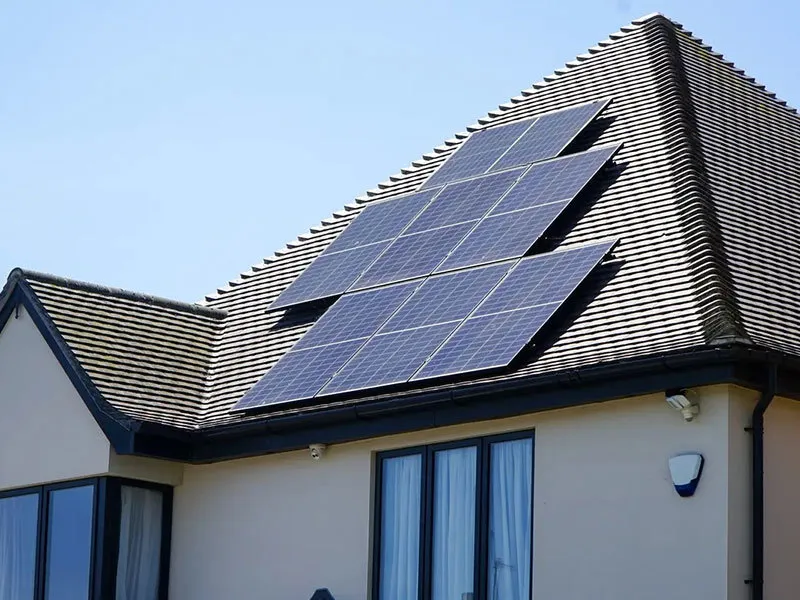hybrid inverter
Understanding Hybrid Inverters The Future of Energy Management
As the world continues to emphasize sustainable energy solutions, hybrid inverters have emerged as a pivotal technology in the realm of renewable energy systems. By combining the functionalities of traditional grid-tied inverters and battery-based systems, hybrid inverters offer a versatile and efficient way to manage power generation, consumption, and storage. This article delves into the mechanics and benefits of hybrid inverters, illustrating why they are becoming increasingly popular among homeowners and businesses alike.
What is a Hybrid Inverter?
A hybrid inverter is an advanced power electronic device that integrates multiple power sources, including solar panels, wind turbines, and battery systems. Unlike traditional inverters, which only convert the direct current (DC) generated by solar panels into alternating current (AC) for use in homes, hybrid inverters have additional capabilities. They can manage energy storage, allowing users to store excess energy for later use, thereby increasing energy independence and efficiency.
At its core, a hybrid inverter operates on three main components solar energy input, battery storage, and grid connection. During daylight hours, it converts solar energy into usable AC power while also charging the battery for use during non-sunny periods. When the sun isn’t shining, the inverter can draw energy from the battery or, if needed, pull from the grid. This seamless transition between energy sources provides a steady and reliable power supply.
The Advantages of Hybrid Inverters
1. Increased Energy Independence One of the primary benefits of a hybrid inverter is the enhanced energy independence it offers. By integrating with battery storage systems, users can rely less on the grid, particularly during peak hours or power outages. This self-sufficiency is increasingly appealing, especially amidst rising energy prices and power reliability concerns.
2. Cost-Efficiency Hybrid inverters can lead to significant cost savings over time. By minimizing reliance on grid power, users can lower their electricity bills. Furthermore, many regions offer incentives for solar installations, which can be coupled with the operational savings provided by a hybrid inverter system.
hybrid inverter

3. Optimized Energy Management With advanced monitoring capabilities, hybrid inverters allow users to track their energy consumption and production in real-time. This data can inform better energy management decisions, enabling users to adjust their consumption patterns and maximize efficiency.
4. Sustainability By utilizing renewable energy and reducing dependency on fossil fuels, hybrid inverters contribute to a more sustainable future. Users can significantly decrease their carbon footprint, aligning with global efforts to combat climate change.
5. Flexibility and Scalability Hybrid inverter systems provide flexibility in design and implementation. Users can start with a modest solar installation and battery system and expand it as their energy needs grow. This scalability makes hybrid inverters an attractive option for both residential and commercial applications.
Considerations When Choosing a Hybrid Inverter
While hybrid inverters offer numerous benefits, it is essential to consider a few factors before making a purchase. Firstly, the compatibility of the inverter with existing solar panel and battery systems is crucial. Secondly, potential users should assess their energy needs and consumption patterns to determine the appropriate size and capacity of the inverter. Finally, it is advisable to evaluate warranties and manufacturer support to ensure long-term reliability and service.
Conclusion
In an era where energy efficiency and sustainability are paramount, hybrid inverters represent a compelling solution for managing renewable energy resources. Their ability to blend solar power generation and battery storage with grid connectivity not only enhances energy independence but also lowers costs and supports environmental sustainability. As technology continues to advance, hybrid inverters will likely play an increasingly significant role in our transition to a greener energy ecosystem, ultimately paving the way for a more resilient and sustainable future. Embracing hybrid inverter technology is not just a smart investment for today; it is a step towards ensuring that energy needs are met in a cleaner, more efficient manner for generations to come.
-
String Solar Inverter: The High-Efficiency Solution for Smart Solar EnergyNewsJul.14,2025
-
Revolutionizing Rooftop Energy with the Power of the Micro Solar InverterNewsJul.14,2025
-
Power Independence with Smart Off Grid Solar Inverter SolutionsNewsJul.14,2025
-
On Grid Solar Inverter: Powering the Future with Smart Grid IntegrationNewsJul.14,2025
-
Monocrystalline Solar Panels: High-Efficiency Power for the Future of Clean EnergyNewsJul.14,2025
-
Bifacial Solar Panel: A Smarter Investment for Next-Generation Energy SystemsNewsJul.14,2025







